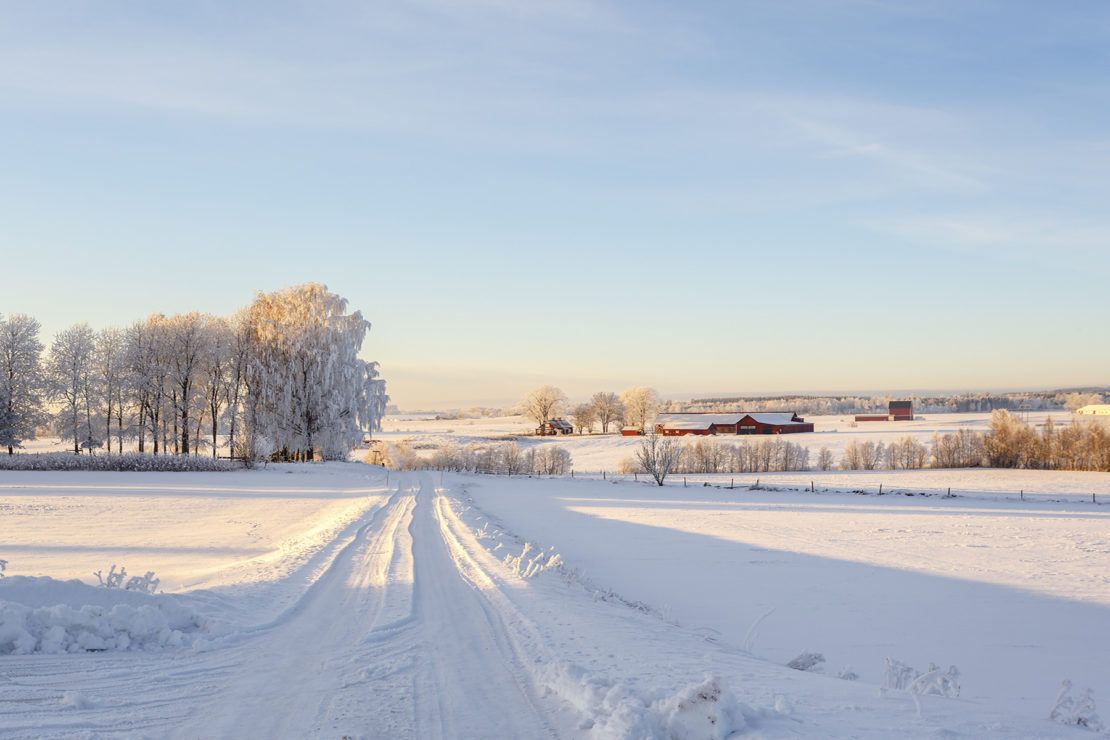New year, new beginnings

January in the upper Midwest is a special time of year. Everything seems to slow down, no more holiday music and frenzy in the stores, and despite the frigid temperatures the days are beginning to grow longer. It’s also a time for new beginnings, perhaps in the form of setting resolutions and perusing seed catalogues or digging into new work since the soil is still frozen. In my case, I’m thrilled to share that I’ve joined Environmental Initiative as the director of agriculture strategy.
For the agriculture program at Environmental Initiative, it’s clear that we have an exciting year ahead of us. Between initiatives like the Midwest Row Crop Collaborative, Headwaters Agriculture Sustainability Partnership, Northside Safety NET, and the Source Water Protection Collaborative, I’m eager to get to work connecting with our many varied partners and maximizing the ways that our efforts complement one another. We’re also pleased to be welcoming some other new faces at Environmental Initiative, as additional project and communication capacity will be added in February. In the months to come, I’ll be working with the excellent core team comprised of Camille Morse Nicholson and Gillian Greenberg to advance the Midwest Row Crop Collaborative’s strategic priorities and other agriculture program efforts.
I feel fortunate to have a career in food and agriculture, and I’ve worked in a variety of roles in the sector from state government to academia, and even had a short stint as a fishmonger (ask me about the joys of fresh halibut). I’ve come to embrace that there’s always more to learn, another approach to try, a new perspective to consider, and more to be discovered.
There will be plenty to look for from us in 2022. Building on significant progress, MRCC will focus on expanding its portfolio of projects to meet or exceed its 2030 goals. Achieving this will require deepened engagement on policy, justice, equity, diversity, and inclusion (JEDI), shared learning, and other critical aspects of MRCC’s systems change approach, as well as continuing the shift to whole-farm and landscape-level thinking and project design. We’re preparing to share more about our plans to design communications that reinforce cultural acceptance of regenerative agriculture and will openly offer what we learn as a result of that work.
In the days to come, I look forward to working together to promote regenerative agriculture initiatives that improve environmental outcomes and support farmers and communities, and invite you to reach out and connect as we grow.
Here’s to a bright 2022!
Ariel